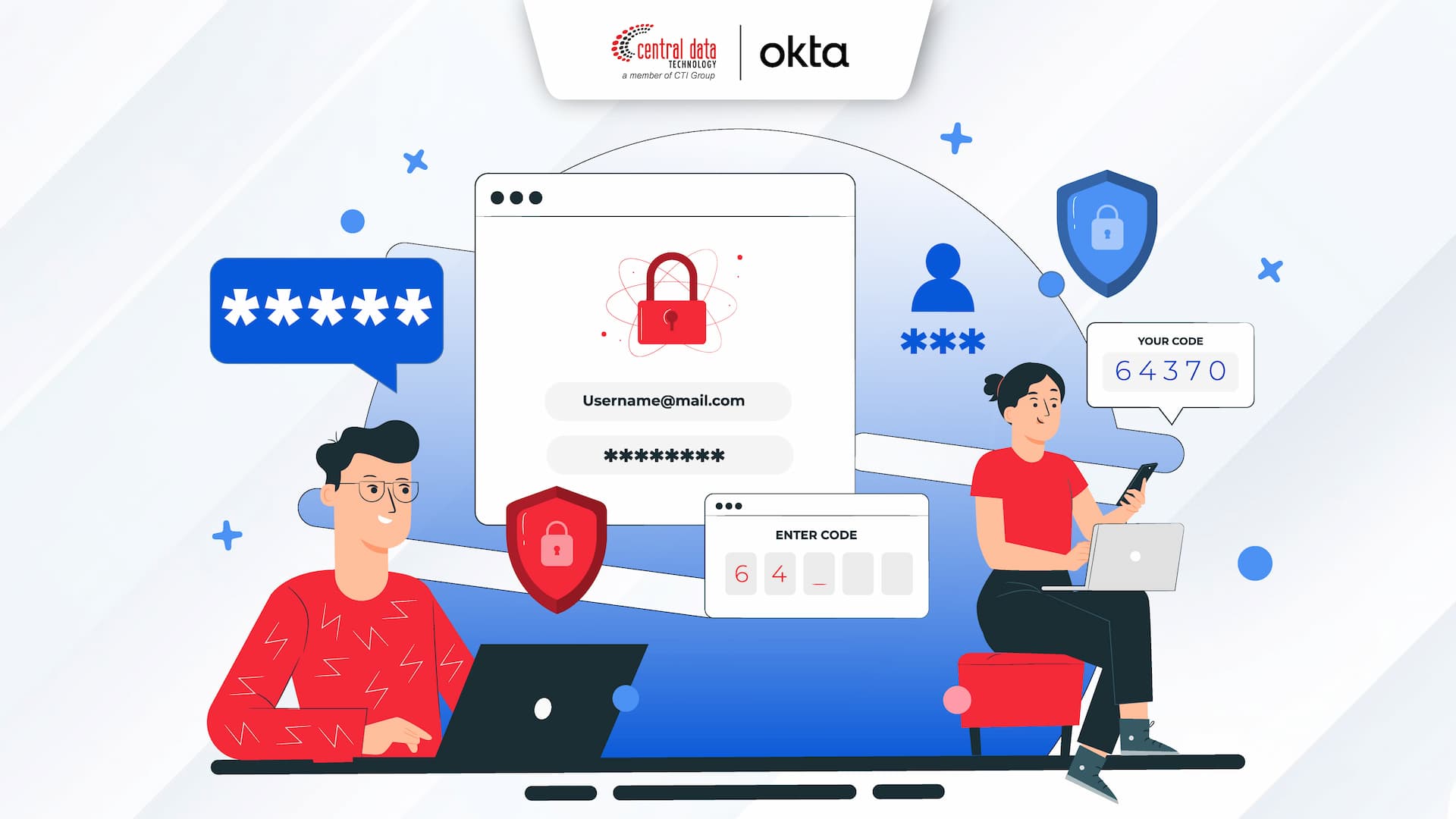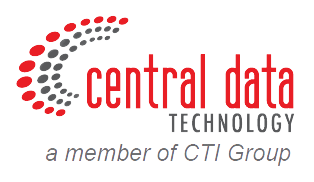
Multi-Factor Authentication (MFA) has become a critical line of defense amid the global surge in cyberattacks. According to recent data from Microsoft, over 99,9 percent of compromised accounts did not have MFA enabled.
It highlights just how crucial it is to implement this extra layer of security. The MFA market itself is growing rapidly—with a global valuation of USD 16.3 billion in 2024, expected to reach USD 49.7 billion by 2032. Data reflecting increased awareness of the importance of multi-layered authentication systems.
What is Multi-Factor Authentication?

Multi-Factor Authentication (MFA) is a security method that requires users to provide two or more types of identity verification before being granted access. These factors typically include something the user knows (like a password), something they have (like a smartphone or token), and something they are (such as a fingerprint or facial recognition). MFA significantly enhances security by adding an extra barrier beyond just a password, making it much harder for cybercriminals to succeed in attacks such as password spraying, phishing, or credential stuffing.
With MFA, even if a password is compromised, MFA ensures that unauthorized access is blocked, which is why many trusted providers recommend implementing MFA as the minimum standard for securing access to applications and sensitive data.
Why is Multi-Factor Authentication Necessary?
In today’s increasingly complex digital landscape, relying solely on passwords is no longer sufficient to protect accounts and business systems from cyber threats. Phishing attacks, credential stuffing, and password-based breaches have become more common and sophisticated. This is where Multi-Factor Authentication (MFA) plays a critical role as an effective additional layer of protection.
MFA works by requiring users to provide more than one form of verification during login, so even if a password is compromised, malicious actors cannot gain access without the additional authentication factors. Broad implementation of MFA has proven to significantly reduce the risk of unauthorized access and strengthen the overall security of company data, systems, and digital infrastructure.
Common Types and Benefits of Multi-Factor Authentication
MFA have some common types and benefits for organizations.
Types of MFA
There are four common types of MFA:
- Knowledge Factor (Someting You Know): refers to something the user knows, such as a password, PIN, or security question answer.
- Possession Factor (Something You Have): typically involves a physical device owned by the user, such as a smartphone, security token, or authenticator app (e.g., Google Authenticator or Authy) that generates a one-time password (OTP).
- Biometric Factor (Something You Are): relies on the user’s unique biological traits, such as fingerprint, facial recognition, or voice identification.
- Location and Time Factor (Somewhere You Are/Time-Based): authentication based on geographic location or access time that enable sytems to deny login attempts from unusual locations or at unusual times.
Benefits of MFA for Businesses
Here are some benefits of MFA implementation for businesses:
- Enhanced company data security from cyber threats by significantly reduces the chance of unauthorized access even if user credentials are compromised.
- Compliance with regulations such as ISO 27001, GDPR, and UU PDP require multi-factor authentication as part of secure access control.
- Protection for remote and cloud access by ensure that only authorized users can log in from anywhere, enhancing flexibility without compromising security.
- Increased user and partner trust, as part of company’s commitment to data security.
Read More: Revealed! How Cyber Threat Intelligence Is Becoming the Secret Weapon of Digital Defense
Challenges of Implementing Multi-Factor Authentication
While Multi-Factor Authentication (MFA) that proven to be highly effective in enhancing digital account security, its implementation is not always seamless. One of the primary challenges is user resistance, especially when additional authentication steps are perceived as inconvenient or time-consuming. This can lead to reduced productivity and user frustration if not supported by proper user education and communication.
Organizations may also face difficulties integrating MFA with existing IT infrastructure, particularly with legacy systems that may not natively support MFA. This often requires technical adjustments and additional costs.
Moreover, security risks can arise if authentication devices—such as smartphones used for receiving OTPs or authenticator apps—are lost or compromised, creating new vulnerabilities in the absence of effective recovery mechanisms.
Real-World Examples of MFA Implementation

MFA is widely used across various sectors. In the financial services industry, for instance, digital banking platforms often require users to input a PIN and a one-time password (OTP) sent via SMS or an authenticator app for every transaction. This safeguards customer accounts even if primary credentials are exposed.
In the workplace, tech and cloud companies like AWS enforce MFA for administrators accessing the management console. Users must log in with a username and password, followed by a code generated from an authenticator app (such as Google Authenticator) or a hardware-based security device. This layered approach effectively prevents unauthorized access to critical systems.
Best Practices of Implementing Multi-Factor Authentication
To ensure successful MFA implementation, several best practices should be considered.
- Choose user-friendly yet secure authentication methods, such as mobile-based authenticator apps, which offer better resistance to threats compared to SMS-based OTPs.
- Ensure that secure account recovery options—such as backup codes or email-based authorization—are available in case users lose access to their authentication devices.
- Educate users thoroughly on the importance of MFA and how to use it properly. User training is essential in fostering cybersecurity awareness throughout the organization.
- Opt for security platforms that support flexible MFA integration, making it easier to apply across a wide range of applications and systems without technical complexity.
Multi-Factor Authentication Solution from Okta
Okta Adaptive Multi-Factor Authentication (MFA) is an identity security solution designed to provide an extra layer of protection for account access and sensitive data through additional verification steps. It enables organizations to implement flexible and intelligent authentication policies by considering various contextual factors such as user location, device type, and login risk level.
Supporting a wide range of authentication methods—including SMS, email, push notifications via Okta Verify, biometrics, and integration with third-party apps like Google Authenticator and FIDO2—Okta delivers a secure login experience without compromising user convenience. The platform integrates seamlessly with various systems and applications, making it an ideal choice for organizations adopting hybrid or cloud-first architectures.
Okta MFA is built for easy deployment, management, and scalability, making it suitable for organizations of all sizes. With a centralized dashboard to monitor and manage user authentication, IT teams can strengthen security without significantly increasing administrative overhead.
Why Choose Okta Adaptive MFA?
There are several compelling reasons why Okta stands out as a leading choice for modern Multi-Factor Authentication (MFA) solutions. First, Okta’s adaptive capabilities allow the system to automatically assess risk based on user behavior, device context, and login location, dynamically adjusting authentication requirements. This reduces friction for legitimate users while effectively blocking potential intruders.
Second, Okta MFA offers exceptional flexibility and supports seamless integration with various SaaS applications, on-premises systems, and legacy infrastructure—without the need for complex customization. This ensures ease of adoption and consistency in security policies across the entire IT environment.
Lastly, Okta is built on a Zero Trust architecture, ensuring that no identity or device is trusted by default. With real-time reporting and analytics, organizations can monitor authentication activity, detect anomalies, and respond to threats swiftly. Altogether, Okta MFA is not just a login security tool, but a critical component of a scalable and proactive cybersecurity strategy.
Get Okta Adaptive MFA Solution Only at CDT
Central Data Technology (CDT) sas part of CTI Group, offers Okta as Multi-Factor Authentication solutions to help companies implement modern and strong cyber security strategies that are proactive and scalable. Supported by experienced and certified IT experts, CDT ensures that every solutions implemented by global standard and industry best practices without trial and error.
It is time to optimize login security access by implementing MFA to your company now! Contact CDT’s team by click to this link to start consultation with our team to help you implementing Multi-Factor Authentication
memastikan setiap solusi diimplementasikan sesuai standar global dan best practice industri tanpa trial and error.
Author: Ervina Anggraini – CTI Group Content Writer

